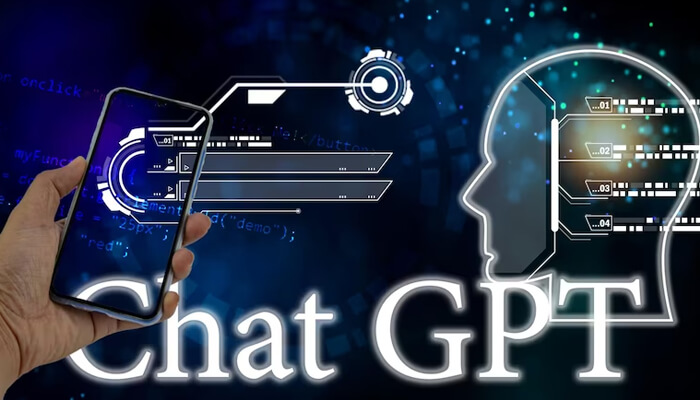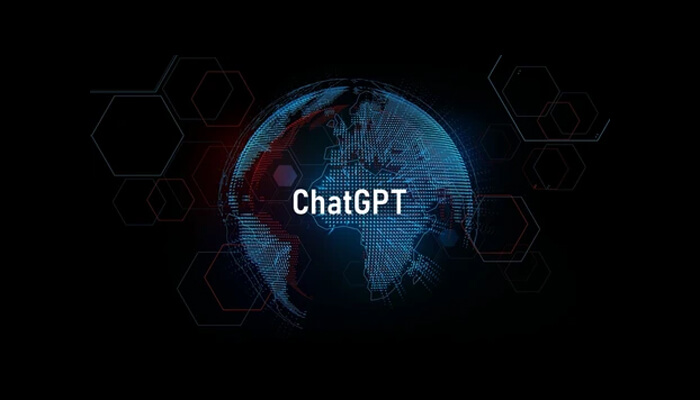The Capability of the ChatGPT
ChatGPT has the intelligence to take renowned graduate-level exams, albeit not with the best grades.
According to academics at the schools, the potent new AI chatbot tool actually passed law tests in four courses offered by the of Minnesota and another examination at the Wharton School of Business at the University of Pennsylvania.
Professors at the University of Minnesota Law School recently scored the examinations blindfolded to see how efficiently ChatGPT could generate responses on examinations for the four subjects. The bot scored on average at the level of a C+ student after finishing 95 multiple-choice questions and 12 essay questions, earning a low but passing mark in all four subjects.
In a Wharton exam for a business management course, ChatGPT performed better and received a B to B-. Christian Terwiesch, a professor of business at the Wharton School, wrote about the results in a paper. He claimed that ChatGPT performed “amazing” when responding to questions about operations administration and process assessment, but started to struggle with more difficult instructions and managed to make “shocking mistakes” with basic math.
These errors “may be of enormous magnitude,” he said.
The Usage of the ChatGPT By Students
The experimental findings come as more schools and teachers voice worries about ChatGPT’s direct effects on pupils and their capacity for academic dishonesty.
Even though it is still unknown how frequently students use ChatGPT and how detrimental it might actually be to learning, some educators are moving quickly to reevaluate their assignments in response to the program.
ChatGPT has been used to produce creative essays, stories, and song lyrics in response to customer requests ever since it was made accessible in late November. It has created study summaries that have duped some academics. Even some CEOs have utilized it to compose letters or do accounting tasks.
For the purpose of producing responses to user queries, ChatGPT is educated on enormous amounts of web data. Although it has got popular among consumers, it has also sparked certain concerns, including those regarding errors and the possibility that it could reinforce biases and disseminate false information.
Bottom Line
However, there is still immediate uncertainty around whether and how learners should be using ChatGPT. For instance, ChatGPT use on district-owned networks and devices has already been prohibited in public schools in Seattle and New York City.
Given that ChatGPT did better than average on his test, Terwiesch told CNN that he concurs that there should be limitations placed on pupils while they are taking exams.
Bans are required, he declared. “After all, you would like a doctor with a degree to know medicines, not how to operate a robot. The same is true for other skill certifications, such as those in law and commerce.




